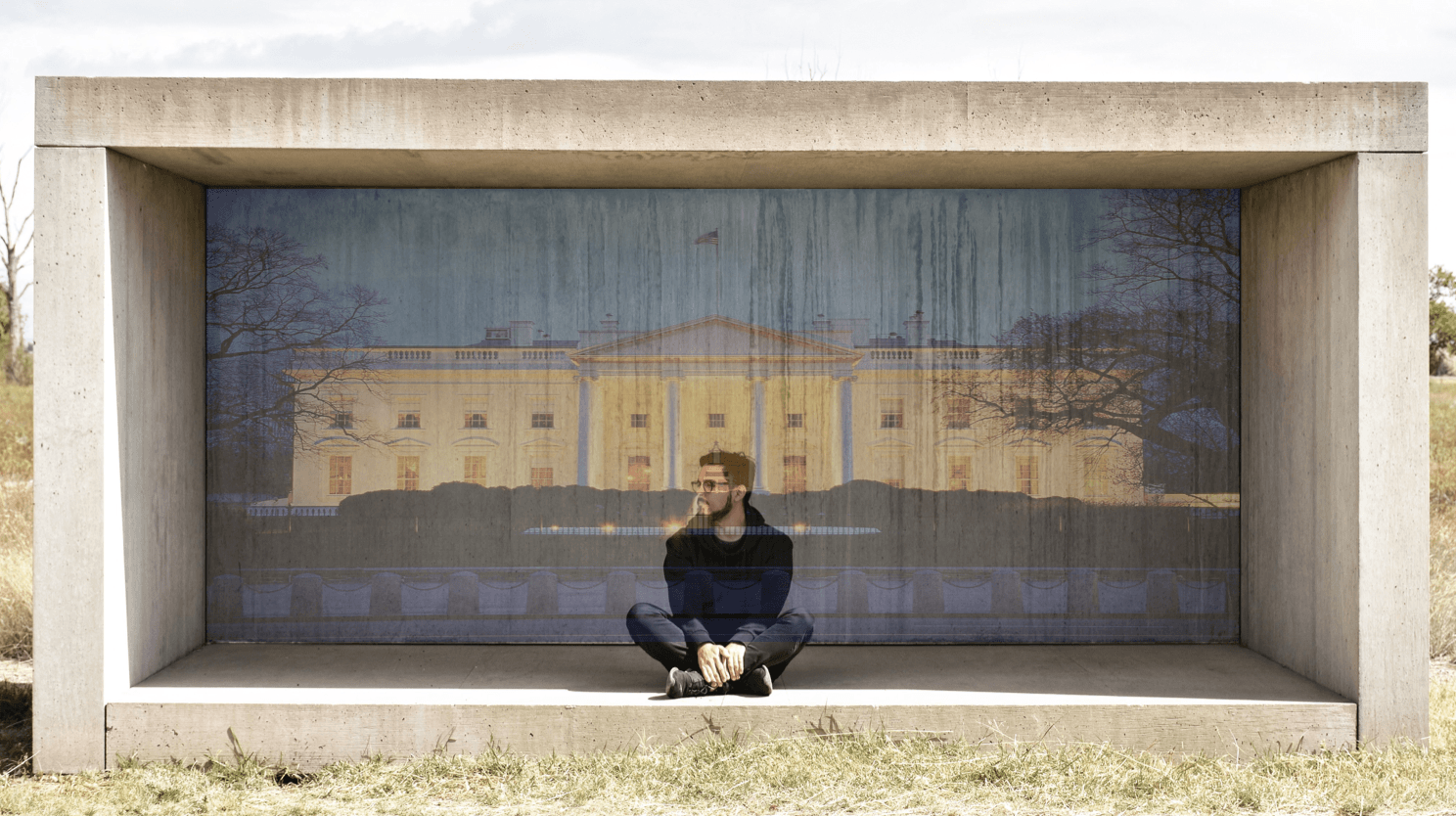The Search for Significance
Three men were once discussing what it would mean to arrive in life and for some reason it turned to politics. The first man thought it would involve an invitation to the White House to have coffee with the president. The second man disagreed slightly, stating that one had only arrived if the phone rang while having coffee with the president and the latter ignored it to show preference to your visit. The third man jumped in with, “No, you guys don’t get it at all...it’s if you’re having coffee with the president, the phone rings, and he picks it up and says, ‘Here, sir...it’s for you!’”
Benjamin Franklin once said: “Many people die at twenty-five and aren’t buried until they are seventy-five” and William Wallace in the movie Braveheart pointed out that, “Every man dies, not every man really lives.”
Every life was made for significance, to contribute something to the human story—to make the world a better place. What a tragedy then for one to allow the adversities of life or everyday pursuits of basic survival to stamp out that God-given instinct. We were made to believe, to create, and to sustain a vision put deep within our souls. And that vision is much greater than some base, self-serving purpose.
In one sense, we are tools in the hands of the Almighty placed on the earth at a certain time, in a certain place, for a certain reason (see Acts 17:26). Just as your hammer or shovel are designed not for themselves but to accomplish a certain objective, so you and I are not about ourselves but created to achieve a higher purpose.
The reason many people don't discover true significance is because their aims are too low. They think purpose is about themselves and thus make life about them. Unfortunately, self-serving people focus on temporal fulfillment and often do not leave a positive legacy. In contrast, those who seek something greater than themselves can have lasting impact for generations to come.
[Next week I’ll look at the question, “What is God’s will for my life?” and discuss it’s misguided emphasis.]














